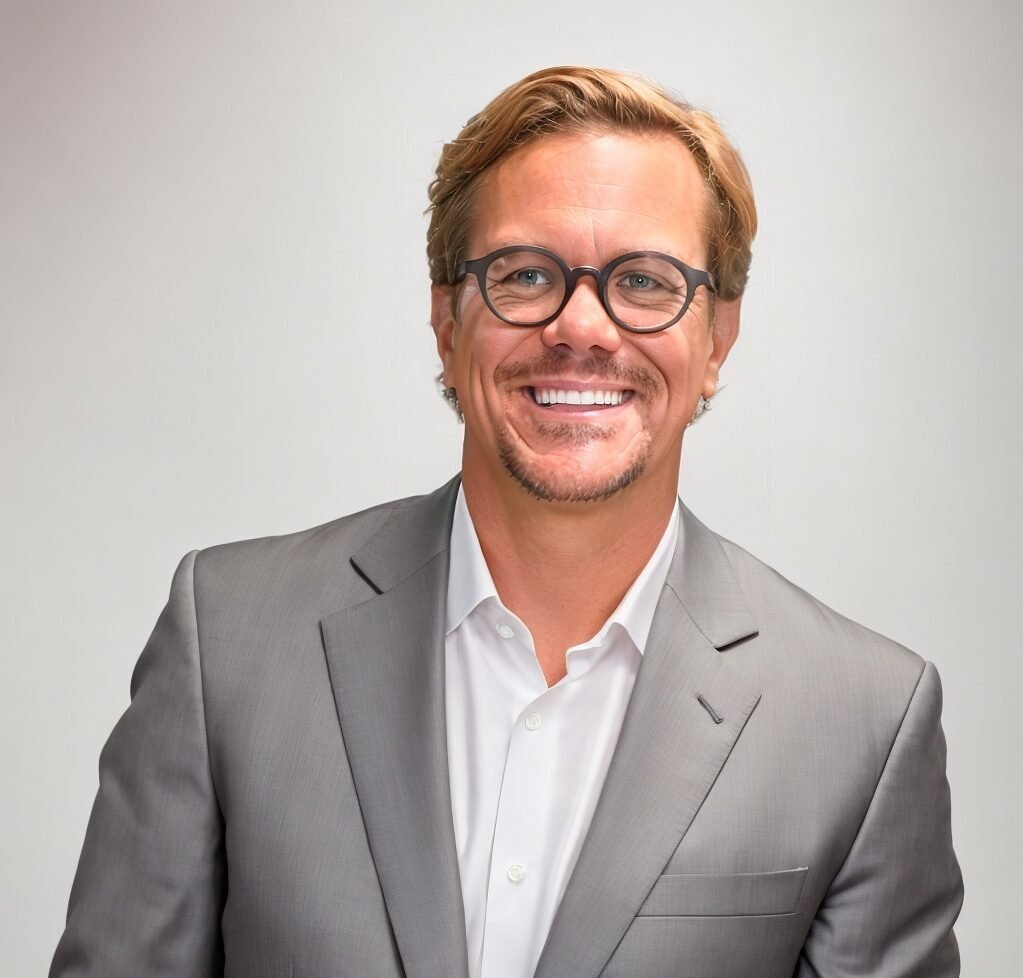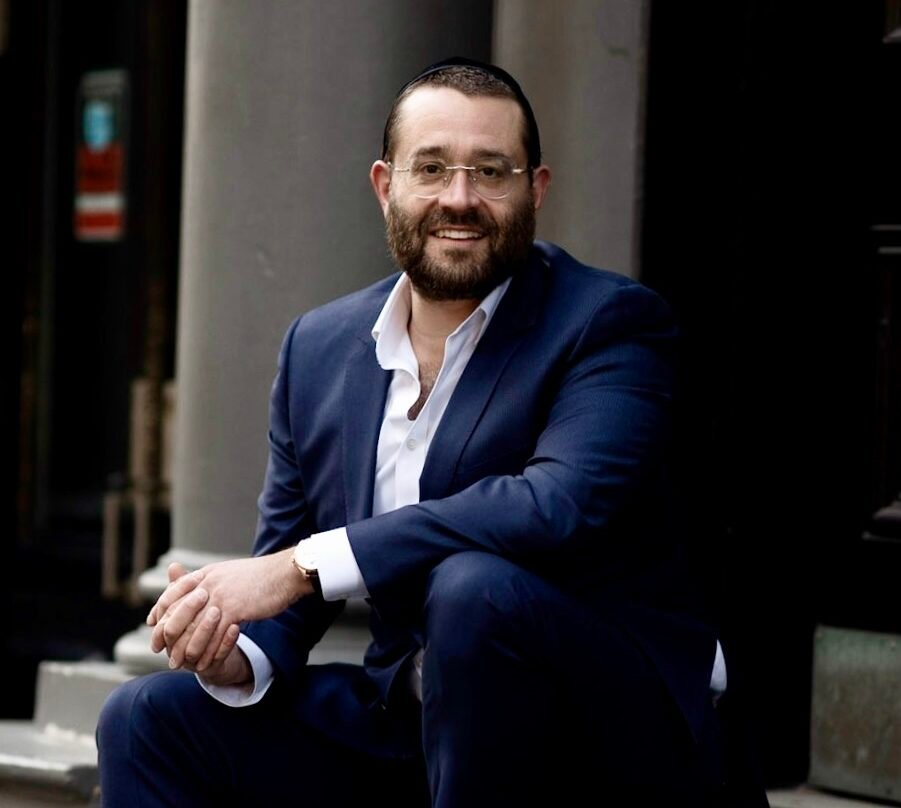I recently went one on one with Rob Waldron, CEO of Curriculum Associates.
Adam: Thanks again for taking the time to share your advice. First things first, though, I am sure readers would love to learn more about you. How did you get here? What experiences, failures, setbacks, or challenges have been most instrumental to your growth?
Rob: I was born to Peace Corps representatives, so I have always viewed service as foundational in my life. As I got older and began my professional career, I started to question what role companies could and should play in addressing gaps in our society. In particular, education-based organizations stood out to me as powerful vehicles to bridge inequities. I went on to lead the K-12 tutoring division of Kaplan and the early education non-profit Jumpstart. In 2008, I joined Curriculum Associates as CEO, drawn to the role which represented a unique opportunity to lead a socially conscious, classroom-focused company close to home.
It was at Curriculum Associates that I learned the lesson of a lifetime: Lead with a long-term view. I accepted this position under the premise that I would gain minority ownership, but the company’s co-founder, Frank Ferguson, believed that real change needed to begin with a long-term mindset. In an unexpected contractual twist, he tied my ownership shares to a promise that I would stay with Curriculum Associates for at least 20 years. Admittedly, this requirement initially threw me off and made me question whether or not to sign on the dotted line, but today I consider the terms of this contract among the greatest blessings in my life. The long-term thinking this has required of my leadership and our company’s focus on impact is what I call “the gift of Frank.” An incredible lesson from an incredible leader.
Adam: In your experience, what are the key steps to growing and scaling your business?
Rob: Hiring the right people is crucial to growing your business. I hear from educators all the time that they love our products, but that our incredible service teams are the “secret sauce” that make us truly stand out as outstanding partners. Our product is only as good as the teams developing it, selling it and making sure educators and ultimately students will benefit from it. I try to be as hands-on as possible during the hiring process to ensure we are actively building a team that is united in values and focused on improving outcomes for students.
Approaching recruiting with a long-term perspective means considering candidates holistically, focusing not only on skills and aptitude but also on culture and value alignment to find the people who will have a positive impact and advance your collective work. Over the years I have found that hiring high-performing employees with a low-culture fit can be more detrimental than helpful, as skills can’t compensate for a lack of drive or passion for the work at hand.
As we’ve seen over the last few years in particular, retention is an area where organizations are struggling. As a company committed to learning and growth, both in our service of students and of our own employees, we try very hard to create opportunities for our team members to be mobile within the organization. When filling a role, ensure you’re not so focused on looking externally that you fail to give existing employees the opportunity to grow or move internally. This will allow them to find the areas of your organization that align with their skills and interests. Show your employees that you value them by encouraging their professional growth, and this will lead to better engagement, elevated performance, and lower turnover.
Adam: What do you believe are the defining qualities of an effective leader?
Rob: Honesty, transparency, and humility are a few defining characteristics of an effective leader. One of our core values at Curriculum Associates is to say it like it is, with grace. This allows us to be open to both giving and receiving feedback, allowing resolutions to be found more quickly and trust to be built. Set an example of transparency by owning your shortcomings – your team will respect your candor, following your lead in acknowledging when mistakes are made or a colleague’s expertise is needed, and this creates a culture of accountability and trust.
Now that I am leading a largely remote company where team members cannot simply walk into my office, I have learned that transparency requires not only timely personal responsiveness but also what may be considered “oversharing.” I not only ensure I am quick to respond when I have missed the mark, but I also share select experiences and learnings more broadly to ensure everyone at the company sees my learning in action and knows that working together means engaging in the tough stuff, growing as individuals, and seeking solutions together.
Adam: How can leaders and aspiring leaders take their leadership skills to the next level?
Rob: I think this again comes back to a personal and professional willingness to grow. I believe a key quality of successful leaders is the humility to accept that your team should be made up of individuals much more knowledgeable about their areas of expertise than you are. Recognizing the powerful contributions your employees have to contribute and teach requires you to listen deeply, talk less, and make space for their brilliance to shine. As a leader, I don’t know all the answers, but I see it as my responsibility to lift up the people around me who contribute their perspectives, lived experiences, and professional opinions. As a team, we are constantly learning, trying new approaches, making mistakes, and learning from them again. Our leaders and team members know that their ideas will be heard and that their contributions are both valued and needed and we work towards our shared mission.
Adam: What are your three best tips applicable to entrepreneurs, executives, and civic leaders?
Rob: Build a culture where people feel comfortable to voice disagreement and share new ideas. Encourage your team to ask questions to create small moments of collective learning and allow for joint problem-solving. By approaching situations as learning challenges rather than as performance problems, you can remove the fear of failure. With a high level of confidence and low egos, progress can be made and solutions found.
Hire people who have a desire to learn and improve. Wanting to become more knowledgeable and grow is foundational to a successful enterprise. Candidates who recognize where they are and have a desire to grow themselves have always stood out to me. In one memorable interview, I asked a candidate to pitch me something. She tried once, immediately acknowledged what hadn’t gone well, and asked to try again. She has what I would call a “competitive learning” spirit, and this energy sealed the deal for me. I hired her because she had the courage and desire to get better every day. Today, she’s a VP at Curriculum Associates and one of the greatest assets to the team.
Build an inclusive team. Actively working to include new and different perspectives will strengthen your organization and ensure your products and services more authentically reflect those you serve. In your hiring, extend beyond traditional networks to ensure you’re reaching and welcoming diverse candidates, and encourage leaders to ensure diversity, equity, inclusion, and belonging are guiding values in all dialogue and decisions.
Adam: What is your best advice on building, leading, and managing teams?
Rob: A while back, I realized that giving positive reinforcement, and often, is a critical element to building up our team and creating a culture that is grounded in appreciation for one another. I came up with a goofy system to help myself to stay accountable in recognizing the dedication and commitment of my team. Each morning, I put three poker chips on my desk, removing one each time I delivered positive feedback to a colleague. In the beginning, there were days where 6 p.m. would roll around and all of the chips sat untouched. I take great pride in my team, noting their contributions and effort, but I wasn’t sharing this appreciation aloud, so it went unnoticed by my team.
A few days of this visual kick-in-the-pants made me hyperaware of the fact that I’d gone entire days without saying something positive about anyone’s performance. This daily habit had the desired impact, and within weeks my behavior improved, and the chips were gone by the afternoon–sometimes the morning. Now I’m so practiced that I don’t need poker chips anymore, but I still mentally keep score to ensure that I show my gratitude to my team. I like to think it’s made me a better leader – certainly a happier person to be around – and those around me more grateful for each other.
Adam: What are your best tips on the topics of sales, marketing, and branding?
Rob: Success in sales and marketing is a by-product of working and leading with a values-first approach. Essentially, you won’t be believed if you aren’t walking your talk. If you and your team adhere to a core set of principles when making decisions, your clients, customers, potential recruits, and other external audiences will see your beliefs in action. Just as people want to work for organizations that make a positive impact on the world, customers want to support businesses that act with integrity and live and breathe the values on their walls. Ensuring your people and products show up as the best possible representation of your values will lead to long-term relationships grounded in mutual respect.
Adam: What is the single best piece of advice you have ever received?
Rob: The best advice I have ever received is also one that is really hard to put into practice and live every day: Be comfortable with failure. Ideas, organizations, and people are continually a work in progress, so we must become comfortable with the possibility of not always achieving perfection. What matters is that we continue to serve those who depend on us to the best of our ability, take accountability for our failures, and learn a lesson when we do not succeed. Having the ability to pick yourself back up, incorporate feedback, and grow is invaluable.









